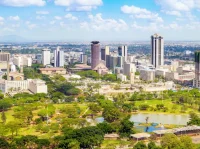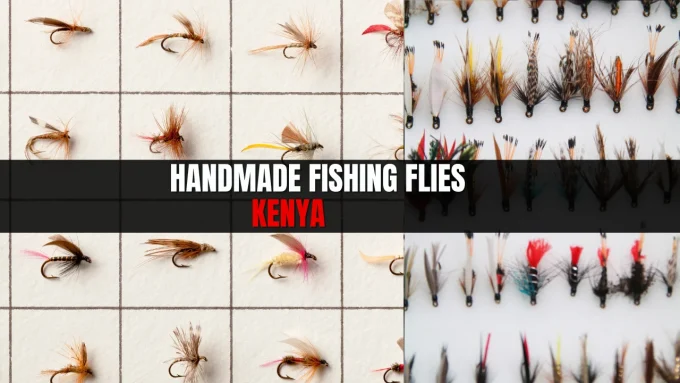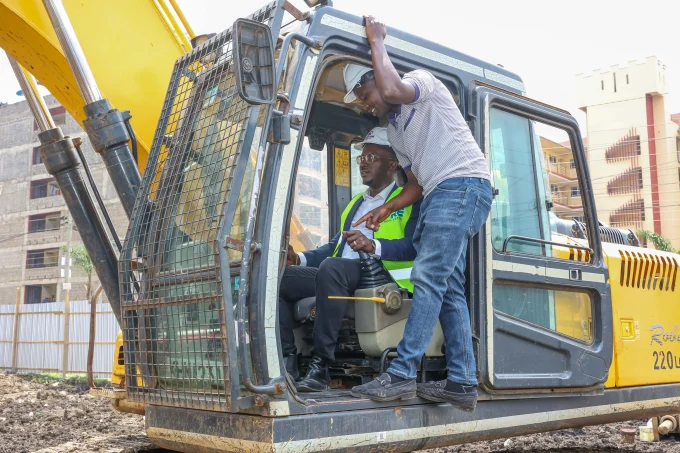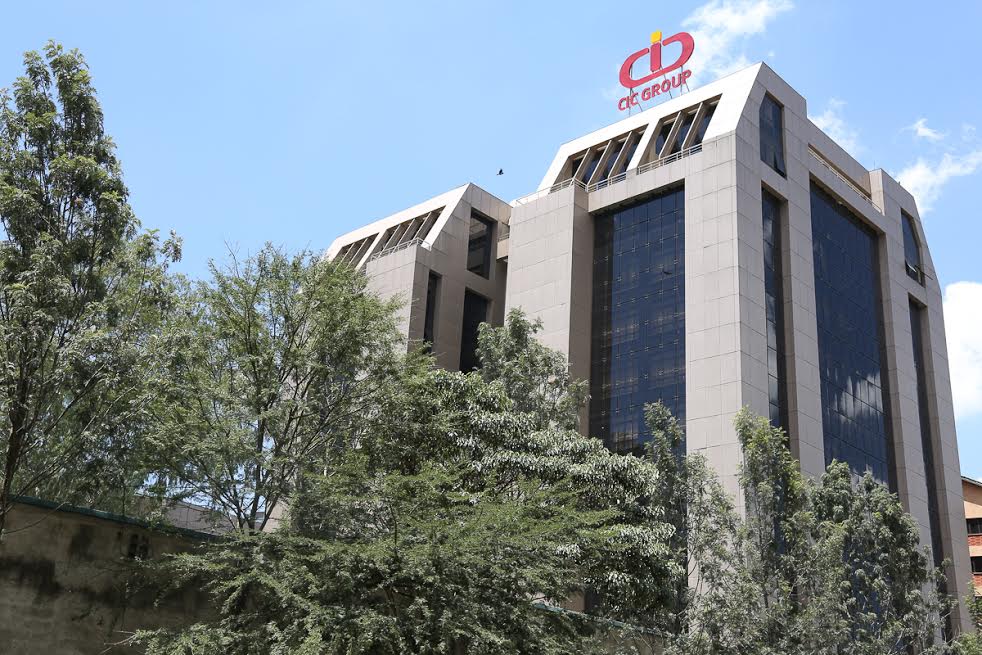National carrier Kenya Airways has applied for a Ksh7 billion emergency bailout following the grounding of its aircraft due to the spread of the COVID-19 Pandemic that has forced the airline to rely on cargo transport to remain afloat despite high costs that cannot be serviced by alternative business avenues alone.
The carrier has requested the National Treasury for the funds but the government has thus far remained tight-lipped on whether it will funnel the money meant for maintenance of the grounded planes, payment of staff salaries, and settlement of utility bills like security, water, electricity, and parking fees.
Large aircraft pay (Kh2,650) daily to park at airports like the Jomo Kenyatta International Airport (JKIA) and (Ksh62,010) and Ksh74,412) to land during the day and night respectively. When the disease first broke out, Chief Executive Allan Kilavuka hinted that the airline was losing Ksh700 million daily with the aviation industry together with tourism being the hardest hit by the spread of the virus.
To that effect, KQ is also seeking other incentives like tax breaks and waivers of navigation and landing fees. The airline is staring at the possibility of collapse without State aid as the company’s reserves will dry out soon.
Treasury Cabinet Secretary Ukur Yatani speaking to the Business Daily gave very little encouragement that the government will swoop in to put the airline out of its misery.
“We are looking into KQ’s Sh7 billion request during this difficult time. The request will be reviewed against the background that the airline recently received Sh5 billion from the government,” said CS Yatani.
As its stands, KQ’s request remains just that as the government is yet to factor in a bailout for the airline in its budget estimates for the financial year starting July.
In February this year, Kenya Airways received a Ksh5 billion commercial loan from the Treasury in late February to fund its fleet engines overhaul and maintenance as well as to finance day-to-day operations which smacks of the airline’s inability to operate as an independent business due to overreliance on loans and government funding.
Even if the government indulged the airine, it is not still clear whether the government would approve a grant, loan or a hybrid of both.
Aviation Industry Woes
The government suspended international flights on March 22 effectively stripping of the carrier of ts primary revenue streams and without much reserves in the tank to go on.
Following the spread of the virus within the country, the government on April 6 grounded movement in and out of Nairobi, Mombasa, Kilifi, and Kwale. The latter three are Coastal counties that would normally play host to scores of foreign and domestic tourists.
Kenya Airways Chief Executive Officer Allan Kilavuka said revenue from the carrier’s cargo business are not adequate for the airline to meet its obligations.
Cargo and mail contributed only 7.3 percent of the airline’s sales in 2018 raking in Sh8.4 billion out of Ksh114 billion., bringing in Sh8.4 billion out of Sh114 billion that the listed firm recorded as revenue.
“We can survive if we get some revenue from cargo, but only just survive. For us to meet our full obligations, we need government support urgently,” said Mr Kilavuka.
Former Chief Executive Sebastian Mikosz during the release of the airline’s last financial results intimated that it would be difficult for the company to emerge from its loss-making streak without government support while pointing to the example of Ethiopian Airlines which he argued with government backing has morphed into one of the best and most efficient carriers in Africa.













Leave a comment